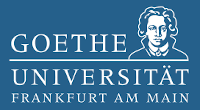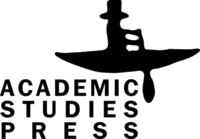Etiology of prohibitions and regulations in the mirror of folk legends and beliefs
DOI:
https://doi.org/10.31168/2658-3356.2018.17Keywords:
Ethnic cultural stereotypes, folklore, etiological legends, prescriptions, oral history, Slavic-Jewish cultural relationsAbstract
The author's task is to formulate some general statements on how prohibitions and regulations addressed to or attributed to the “other” (inoethnic, religious) tradition are formed in the Slavic folk culture, and what cultural stereotypes affect the form and content of the prescriptive texts originating and existing in a multi-confessional cultural environment and in the cultural borderlands. We are interested in prohibitions and regulations in the context of folk legends that explain their appearance, and in connection with beliefs that play the role of a kind of fixator of certain prescriptive norms. In the etiological texts (legends, fairy tales) containing the interpretation of the ban / prescription, in addition to the motivation of the described ban / prescription (why something is prohibited or allowed), there may be a reference to the precedent, i.e. the etiology itself (what exactly was the reason, the impetus, the primary source of the ban / prescription).












